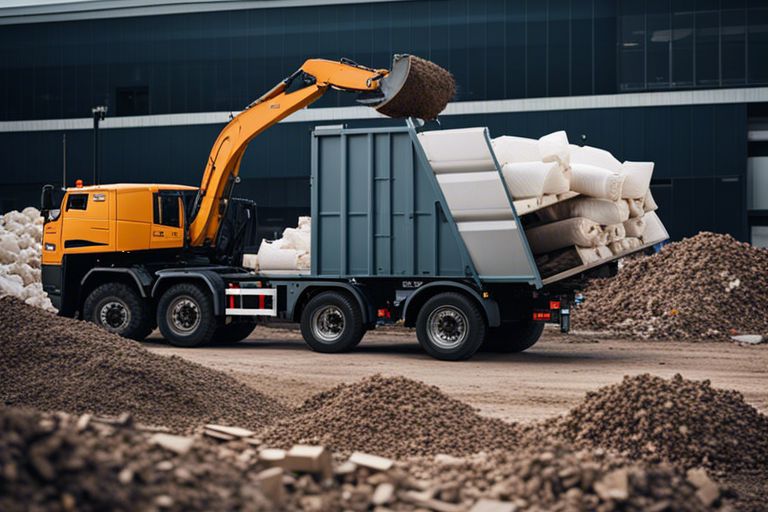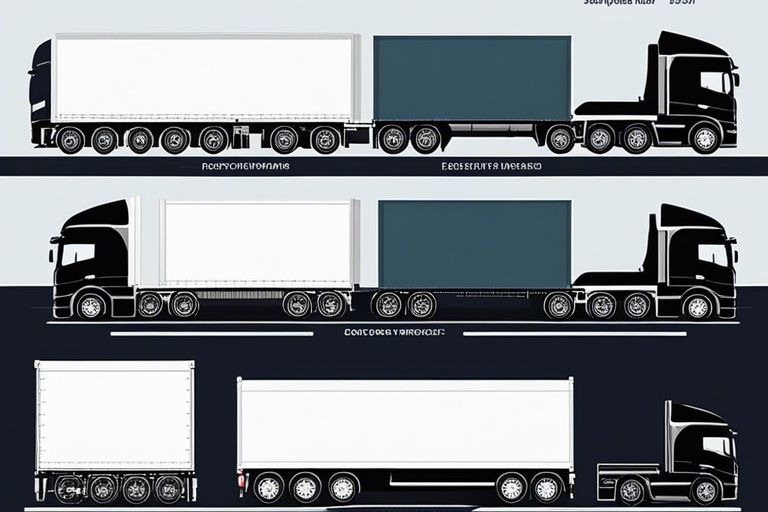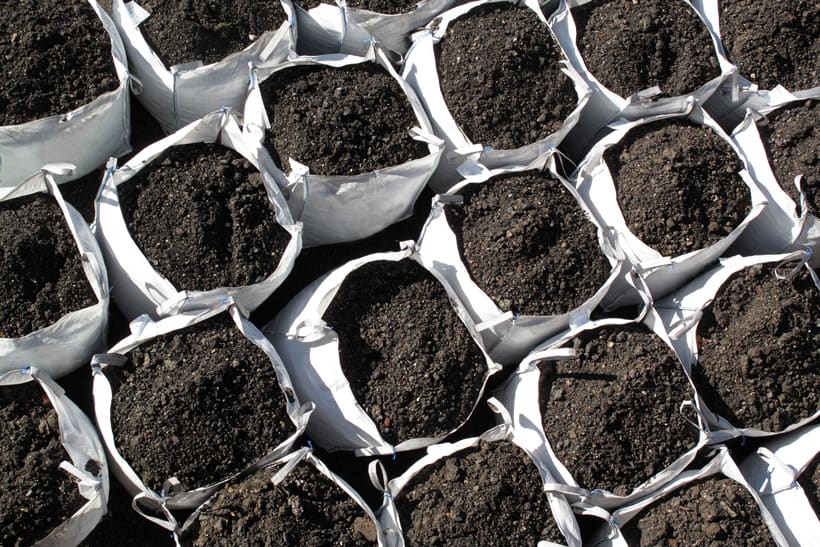Efforts to abate waste in construction projects are imperative for the sustainable and cost-effective advancement of the industry. With the rising scrutiny on environmental impact and the pressing demand for resource efficiency, minimising waste in construction projects is more critical than ever. This beginner’s guide aims to equip stakeholders with essential knowledge and strategies to reduce waste in construction projects, including the pernicious effects of excessive waste, the potential savings from waste reduction, and the actionable steps to achieve a more sustainable construction process.
Key Takeaways:
- Effective planning is essential for reducing waste in construction projects. By carefully considering material usage, scheduling, and project management, significant reductions in waste can be achieved.
- Using sustainable materials and construction methods can make a significant impact on waste reduction. From recycled materials to efficient building techniques, choosing sustainable options can minimise the environmental impact of a project.
- Regular monitoring and evaluation of waste generation and disposal practices can help identify areas for improvement and ensure that waste reduction efforts are being effectively implemented throughout the construction project.
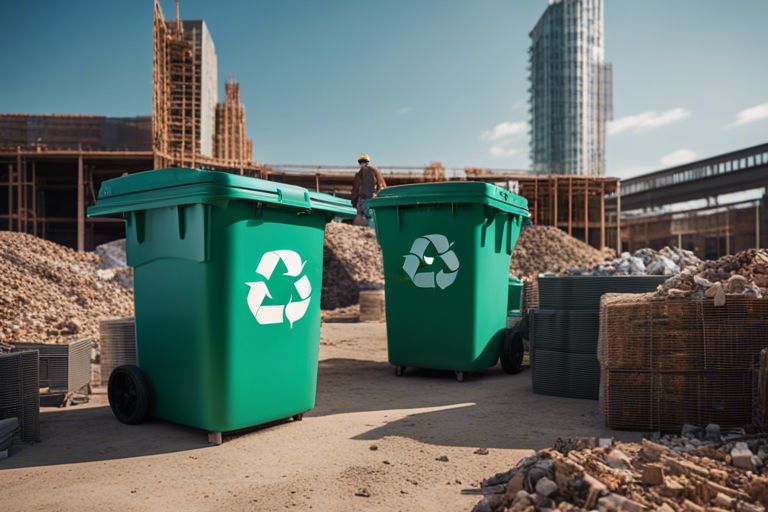
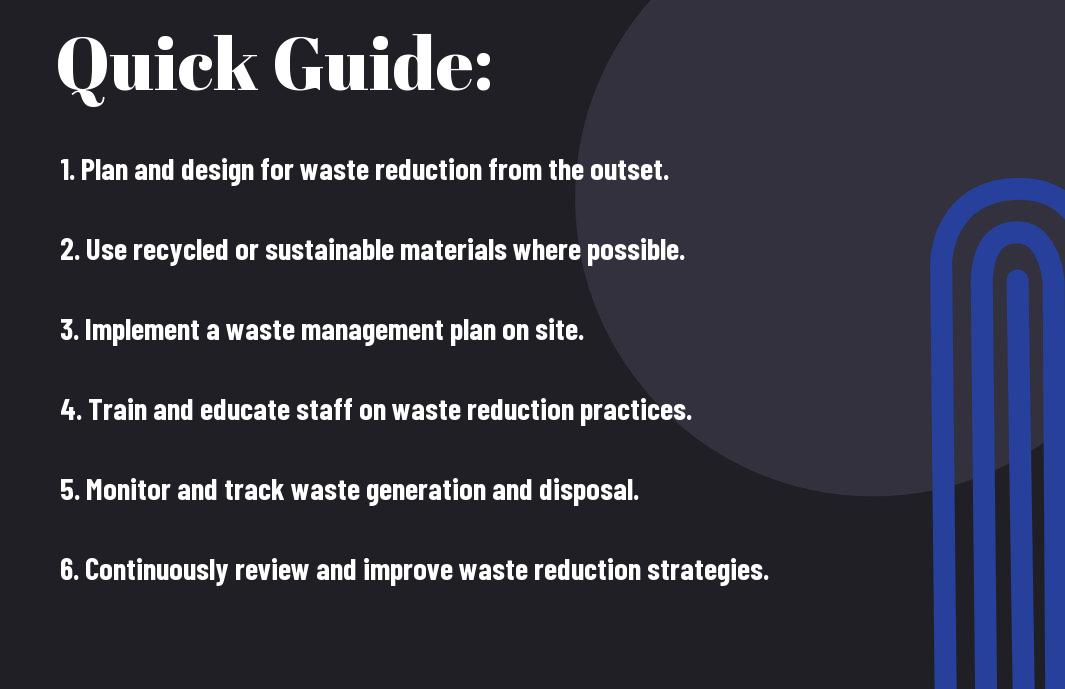
Factors Influencing Waste in Construction
There are several factors that can influence the amount of waste generated in construction projects. These include inefficient materials management, design and project complexity, as well as regulatory and environmental considerations.
Inefficient Materials Management
One of the biggest contributors to waste in construction projects is inefficient materials management. This can include over-ordering of materials, poor stock control, and inadequate storage facilities. All of these issues lead to unnecessary wastage and increased costs.
Design and Project Complexity
The complexity of a construction project design can also play a significant role in the generation of waste. Projects with intricate designs and tight tolerances can often lead to increased material wastage, as well as a higher likelihood of errors and rework.
This can result in a higher demand for materials, and a greater potential for mistakes, leading to an increase in waste production and overall project costs.
Regulatory and Environmental Considerations
Regulatory requirements and environmental considerations can also impact waste production in construction. Compliance with various legislation, including waste management and environmental protection, can influence the amount of waste generated during a construction project.
This can lead to additional costs for waste disposal, as well as potential penalties for non-compliance, making it imperative to consider these factors from the outset of a project.
A Step-by-Step Guide to Reducing Waste
When it comes to reducing waste in construction projects, a step-by-step approach can help you effectively implement sustainable practices. Below is a breakdown of strategies for each phase of the construction process.
Planning Phase Strategies
During the planning phase, it is crucial to thoroughly assess the project requirements and set clear waste reduction targets. Engaging with stakeholders and incorporating sustainable design principles from the outset can help minimise waste generation. Additionally, choosing suppliers who are committed to environmental responsibility and utilising efficient material management systems will contribute to waste reduction goals.
Execution Phase Tactics
As the project moves into the execution phase, implementing a robust waste management plan becomes critical. Training and educating the workforce on waste minimisation practices, along with regular monitoring and evaluation of waste generation, can significantly impact the amount of waste produced. Collaborating with suppliers and subcontractors to maximise material efficiency and reusing materials whenever possible are also key tactics for waste reduction.
During the execution phase, it is important to establish a culture of continuous improvement and encourage all team members to actively contribute to waste reduction efforts. This can lead to innovative solutions and ongoing progress towards sustainability goals.
Practical Tips for Minimizing Construction Waste
When it comes to reducing waste in construction projects, there are several practical tips that can make a significant impact. By focusing on material selection and usage and implementing effective waste management on the construction site, construction professionals can significantly reduce the amount of waste generated and contribute to a more sustainable industry.
Material Selection and Usage
One of the most effective ways to minimise construction waste is to carefully consider material selection and usage during the planning and design phases. By opting for renewable and recyclable materials and ensuring efficient use of materials, construction waste can be significantly reduced. Additionally, prefabrication and modular construction can help to minimise waste by reducing the amount of material cut-offs and excess.
Waste Management on the Construction Site
Effective waste management on the construction site is crucial for minimising waste throughout the project. This includes implementing segregation of waste streams, training staff on proper waste disposal procedures, and setting up reuse and recycling stations on-site. By prioritising waste reduction and diversion, construction projects can significantly reduce their environmental impact.
Furthermore, regular monitoring and reporting of waste generation and disposal can help identify areas for improvement and track progress towards minimising construction waste. By integrating sustainable waste management practices into construction projects, the industry can move closer towards a more sustainable and environmentally friendly future.
The Pros and Cons of Waste Reduction Methods
When it comes to reducing waste in construction projects, there are various methods that can be employed. Each method comes with its own set of advantages and disadvantages. It is important to weigh these carefully in order to make informed decisions about which waste reduction methods to implement. The table below breaks down the pros and cons of some common waste reduction methods.
| Method | Pros and Cons |
|---|---|
| Recycling | Reduces landfill waste Costly to set up |
| Pre-fabrication | Reduces material waste Requires careful planning |
| Lean construction | Reduces material waste Improves efficiency May require additional training |
| Waste tracking software | Allows for better monitoring Identifies areas for improvement Initial investment needed |
Economic Implications
When implementing waste reduction methods in construction projects, there are economic implications that need to be considered. On one hand, reducing waste can lead to cost savings through the efficient use of materials and resources. However, there may be initial investment required to set up the necessary infrastructure for waste reduction. It is important for construction companies to carefully evaluate the long-term economic benefits and potential drawbacks of implementing waste reduction methods.
Environmental Impact
Reducing waste in construction projects has a significant impact on the environment. Minimising landfill waste helps to reduce the environmental footprint of construction activities, leading to a lower carbon footprint. However, it is also important to consider the energy consumption and emissions associated with implementing waste reduction methods. Careful consideration of these factors is crucial in ensuring that the environmental impact of waste reduction methods is positive overall.
It is important to note that the availability of recycling facilities and local waste management regulations can also influence the environmental impact of waste reduction methods in construction projects.
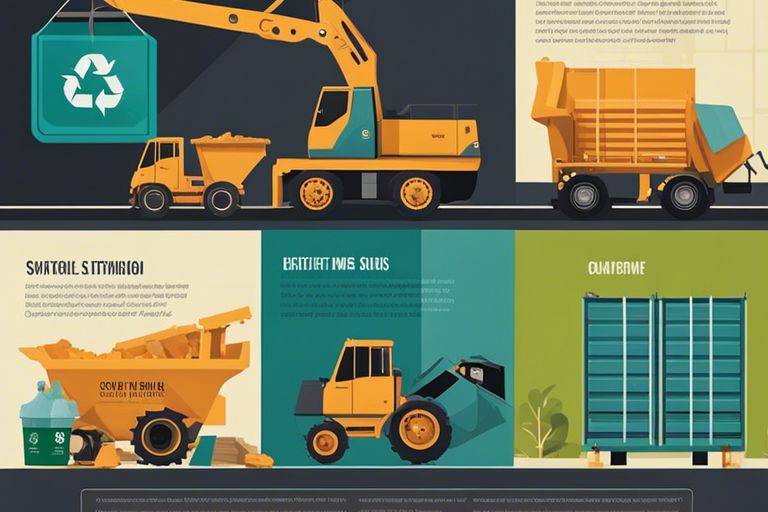
The Beginner’s Guide to Reducing Waste in Construction Projects
In conclusion, reducing waste in construction projects is crucial for not only environmental sustainability but also for cost-effectiveness and efficient project management. By implementing the strategies outlined in the Green Building Guide to Reducing Waste (https://greenbuildingcanada.ca/green-reducing-waste/), construction companies can play a significant role in minimising the environmental impact of their activities. Through careful planning, material selection, and waste management, individuals and organisations can contribute to a more sustainable and responsible construction industry. It is imperative for all stakeholders to work together towards achieving these goals, and by doing so, we can create a more environmentally friendly and economically viable construction sector for the future.
FAQ
Q: Why is reducing waste important in construction projects?
A: Reducing waste in construction projects helps to minimize the environmental impact, save costs, and improve overall efficiency.
Q: How can we reduce waste in construction projects?
A: Several ways to reduce waste in construction projects include proper planning, reusing materials, recycling, and implementing efficient waste management strategies.
Q: What are the benefits of reducing waste in construction projects?
A: The benefits of reducing waste in construction projects include a positive environmental impact, cost savings, improved project timelines, and enhanced reputation for sustainability.
Q: How can construction companies promote waste reduction practices?
A: Construction companies can promote waste reduction practices by providing employee training, setting specific waste reduction targets, and collaborating with suppliers and subcontractors to implement sustainable practices.
Q: What are some common challenges in implementing waste reduction in construction projects?
A: Common challenges in implementing waste reduction in construction projects include resistance to change, lack of awareness about sustainable practices, and the initial investment required for implementing waste reduction measures.


